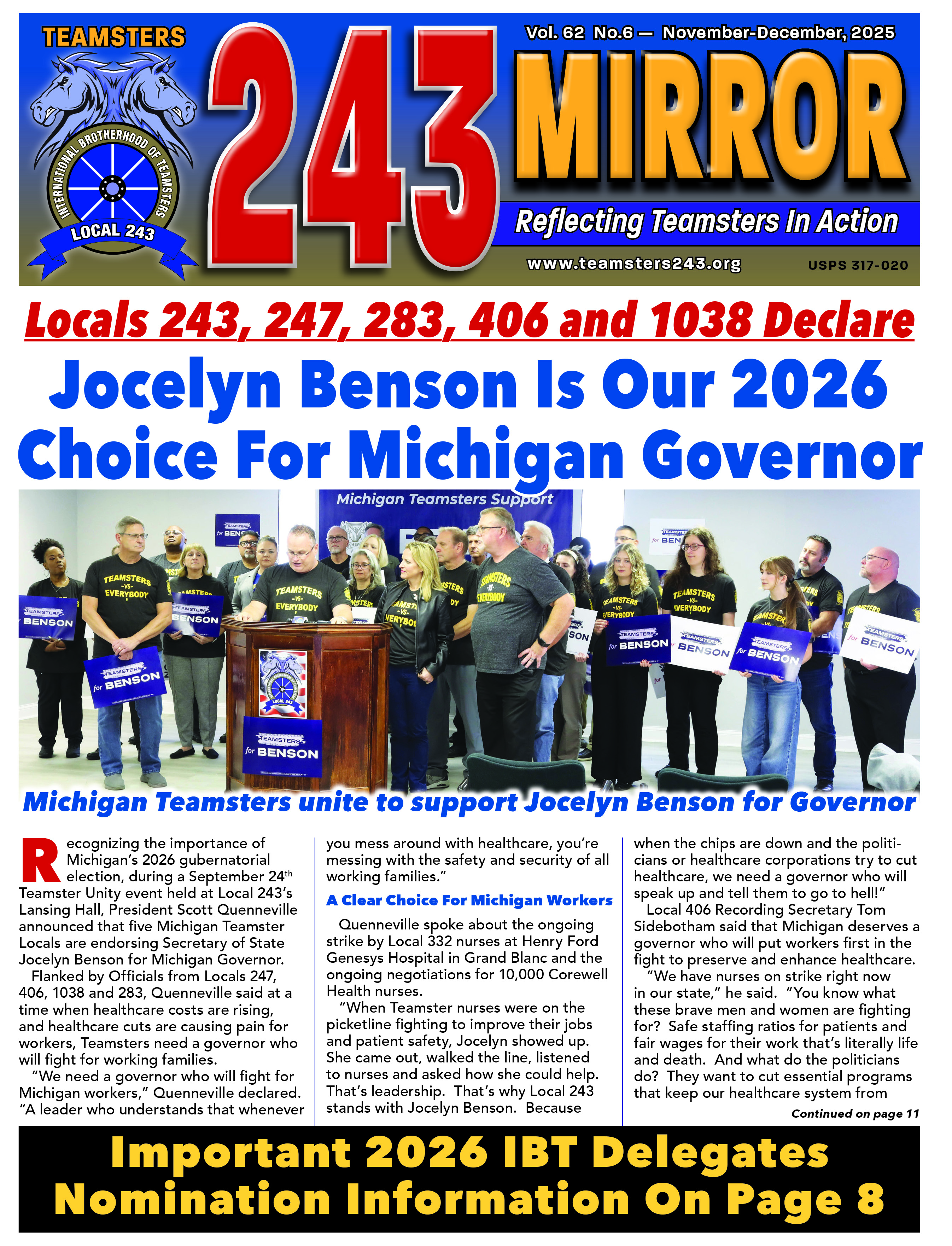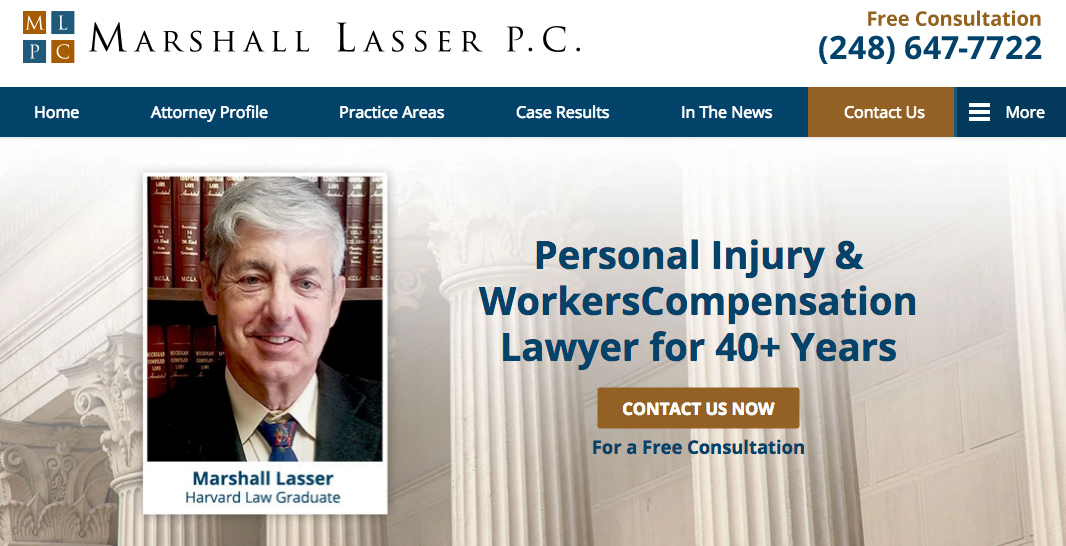|
Weingarten Rights
WEINGARTEN RIGHTS 1. Demand Union Representation: You must ask for Union representation before or during the interview. Management does not have to tell you of this important right. 2. Refuse to proceed without Union representation: A questioner must be told of your desire for representation. Refusal to cooperate on your part, can be viewed as insubordination. If management refuses to allow you representation, stay in the room, but remain silent. 3. Don't make any written or verbal statement of guilt or innocence: You cannot be forced to make a statement. The most appropriate response is to make NO statement - claiming innocence is considered to be a statement. 4. Do not waive your right to representation: If you proceed in questioning without representation, you have waived your right to representation and any statements made can be used against you. INTERROGATION RIGHTS STATEMENT "If this discussion could, in any way, lead to my being disciplined or terminated, or affect my personal working conditions, I request that my Union Steward be present. I am not refusing to answer any question, however I wish to wait until my Union representative is present." Union representatives have these rights when summoned to an interview: (1) To be informed of the subject matter of the interview. (2) To hold a private pre-interview conference with the employee. (3) To speak up during the interview. (4) To request clarification of questions. (5) To advise the employee on how to answer questions. (6) To provide additional information once the interview is over. “WEINGARTEN RIGHTS” (Union representation during company investigative interviews) One of the most vital functions of a Steward is to prevent management from intimidating employees. Nowhere is this more important than in closed-door meetings when supervisors or guards, often trained in interrogation techniques, attempt to coerce employees into confessing to wrongdoing. The rights of employees to the presence of union representatives during investigatory interviews was announced by the U.S. Supreme Court in 1975 in NLRB v. J. Weingarten. Inc. Since that case involved a clerk being investigated by the Weingarten Company, these rights have become known as Weingarten rights. How Weingarten can help a Steward assist a member? - The Steward can help a fearful or inarticulate employee explain what happened. - The Steward can raise extenuating factors. - The Steward can advise an employee. - The Steward can help prevent an employee from making admissions. - The Steward can help prevent a worker from losing his/her temper, and perhaps getting fired for insubordination. - The Steward can be a witness to prevent supervisors from giving a false account of the conversation. When should an employee be concerned about Weingarten rights? Any time he/she has a "reasonable belief" that discipline or other adverse consequences may result from what he/she says. Circumstances usually relate to such subjects as: absenteeism, drinking, fighting, poor attitude, theft, accidents, drug tests, lateness, sabotage, damage to company property, falsification of records, insubordination, violation of safety rules, work performance WEINGARTEN RULES Under the U.S. Supreme Court's decision, the following rules apply: Rule 1: The employee must make a clear request for union representation. He/she cannot be punished for the request. Rule 2: When a worker makes the request, management has 3 options:
Rule 3: If the employer denies the request for representation, the worker has the right to refuse to answer questions without fear of reprisal for refusing to answer. Steward Rights:
Page Last Updated: Jan 29, 2021 (10:53:59)
|





